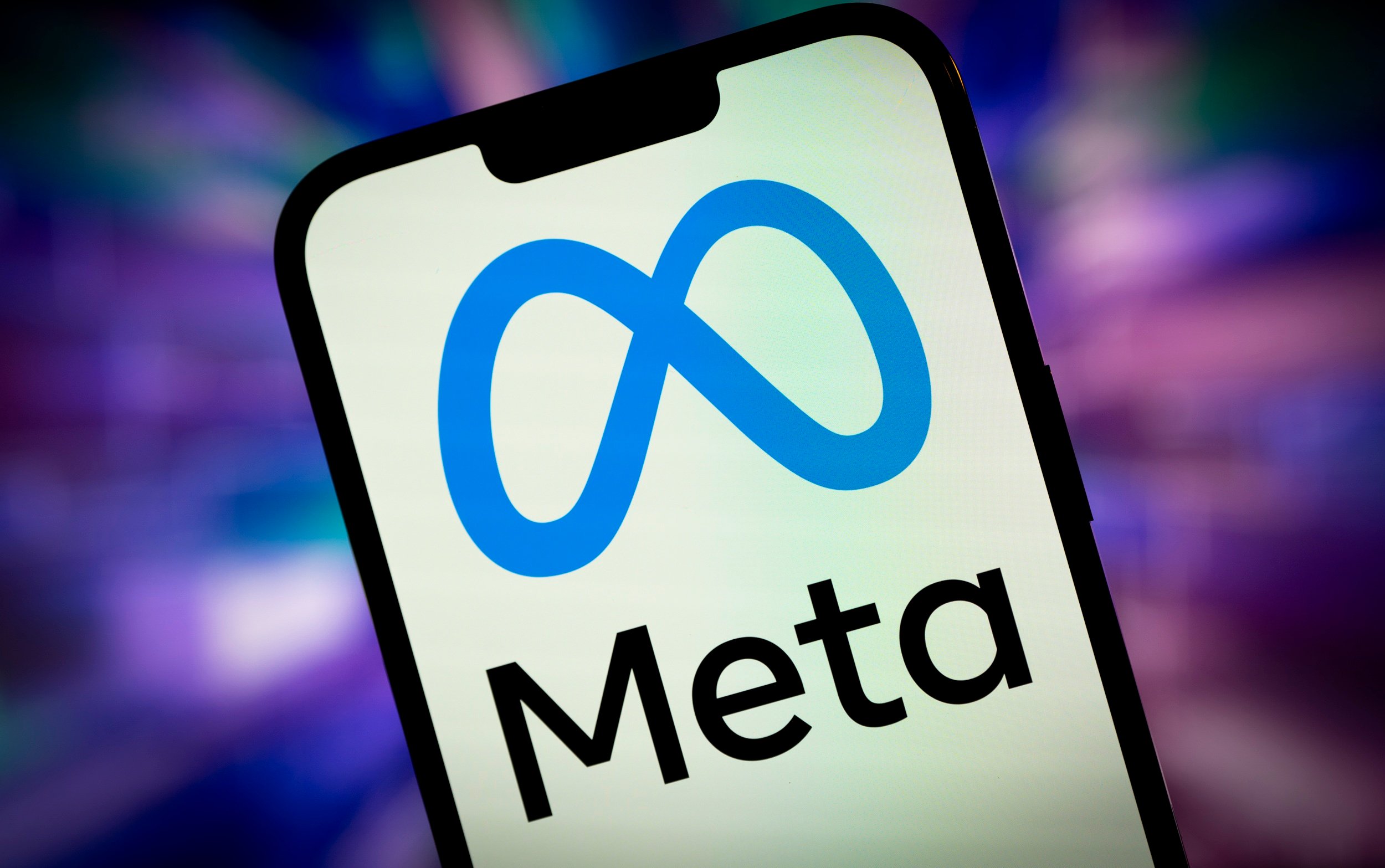Meta Platforms (META 2.96%) held its annual Connect Event toward the end of September, with wearables, mixed reality, and artificial intelligence (AI) the main focus of the event.
The company's Orion augmented realty (AR) glasses held the spotlight; however, there are currently no plans to sell them. That left investors wondering whether the company looks visionary, or simply distracted by side projects. CEO Mark Zuckerberg has been criticized in the past for his obsession with the metaverse, and the spending and losses associated with building it out, so it is something Meta investors should keep in mind.

NASDAQ: META
Key Data Points
Orion debuts
At its Connect Event, Meta introduced a number of new smart goggles and glasses. The company announced a new version of its virtual reality (VR) headset, the Quest 3S, will go on sale in mid-October starting at $299, a drop in price from its previous iteration that started at $499. Meta said users will be able to use the goggles to play VR games, run VR fitness apps, watch movies, and perform various computing activities. It will be able to run up to six windows at once.
The company also announced new AI features for the Ray-Ban Meta smart glasses it introduced last year in collaboration with EssilorLuxottica. The smart glasses come with a camera and speakers and the company just added new AI features to make use of those features. For example, the smart glasses will now be able to translate signs from foreign languages, scan QR codes, and remember facts such as where you parked or what hotel room you are staying in.
However, it was Meta's Orion AR glasses that stole the show. At the event, Zuckerberg called the glasses "a glimpse of the future" and journalists were able to use them. The thing that impressed reviewers the most wasn't the tech of the glasses, but instead their form factor, which they compared to being almost like regular glasses, although they are still pretty thick. To get the benefits from Orion, users also need to wear a neural wristband and have a wireless compute puck nearby.
Consumers, though, won't be getting their hands on the Orion AR glasses anytime soon. The glasses cost around $10,000 to make, so the company decided not to sell them and only made about 1,000 pairs for internal development and external demos. Much of the expense comes from the use of silicon carbide for its lenses. The company originally thought the material would become cheaper as it became more commonly used, but that did not happen.
Meta will need to make Orion cheaper as well as continue to shrink its weight and thickness for there to be a chance for it to be commercially viable.

Image source: Getty Images.
So why should investors care if Orion and the metaverse pan out?
Investors should care about Meta's ventures into AR glasses and the metaverse because of the amount of money the company has poured into them without much tangible return. Meta has invested more than $65 billion into these projects, including its $2 billion purchase of Oculus.
Zuckerberg has justified this spending, saying it's a "very long-term bet" and that he believes this is where the world is heading. He thinks it eventually will be a trillion-dollar opportunity. However, he also seems to be one of the few people who think this is where the world is heading, as thus fur consumer interest in VR headsets from Meta and Apple has been pretty mild.
In the past, the stock has taken a hit due to Meta's spending on these projects when the company's core social media businesses were pressured from weak advertising markets. However, when these core businesses are performing well, investors and analysts tend to be more forgiving, giving the company -- and Zuckerberg -- the benefit of the doubt.
Even with its stock hitting an all-time high recently, the stock trades at a forward price-to-earnings (P/E) ratio of just 23 times, which isn't that expensive.
META PE Ratio (Forward 1y) data by YCharts
If the company weren't on pace to lose more than $16 billion a year from its Reality Labs unit, which houses its AR glasses and metaverse businesses, the stock's valuation would be even lower. After tax (assuming a 25% tax rate), that would be about $4.75 in additional EPS to the $24.42 consensus for next year. That would bring its forward P/E closer to 19.
At this point, I think Meta still is a solid buy, but it likely would be an even better buy if it didn't chase its metaverse vision.








